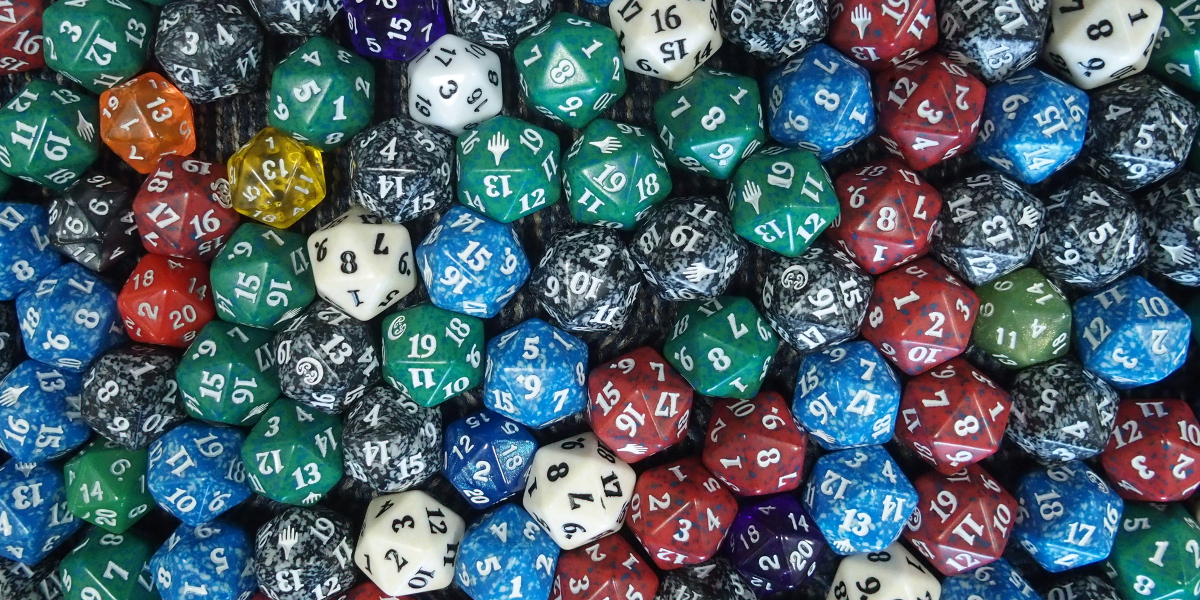I don't know if I would expect the EFF to take up this banner. They identify themselves on their website as "The leading nonprofit defending digital privacy, free speech, and innovation." I mean, maybe the OGL would fall under free speech and/or innovation?
Many have mentioned the overlap the OGL shares with open source software. Maybe it would be better to bring this to the attention of the Open Source Initiative (or a similar organization):

Open Source Initiative - Open Source Initiative
Growing the impact of Open Source around the world The Open Source Initiative is the global nonprofit building the future powered by open collaboration, transparency and innovation. Supported by the...opensource.org
Anyone have membership or connections to an open source foundation or the like?
The EFF lawyer who wrote the piece is a Nebula and Ennie winning game designer (with IP litigation experience and more), so I'm kind of hoping... although she didn't seem a fan of what 1.0a offers (at least as of earlier today):
and started looking into it because of other folks at EFF:
She also has a bunch of posts about open license she uses on her feed.
---
As an aside, she also liked this here on ENworld: The Ultra-Mysterious History of D&D's Iconic Monsters
Last edited:



